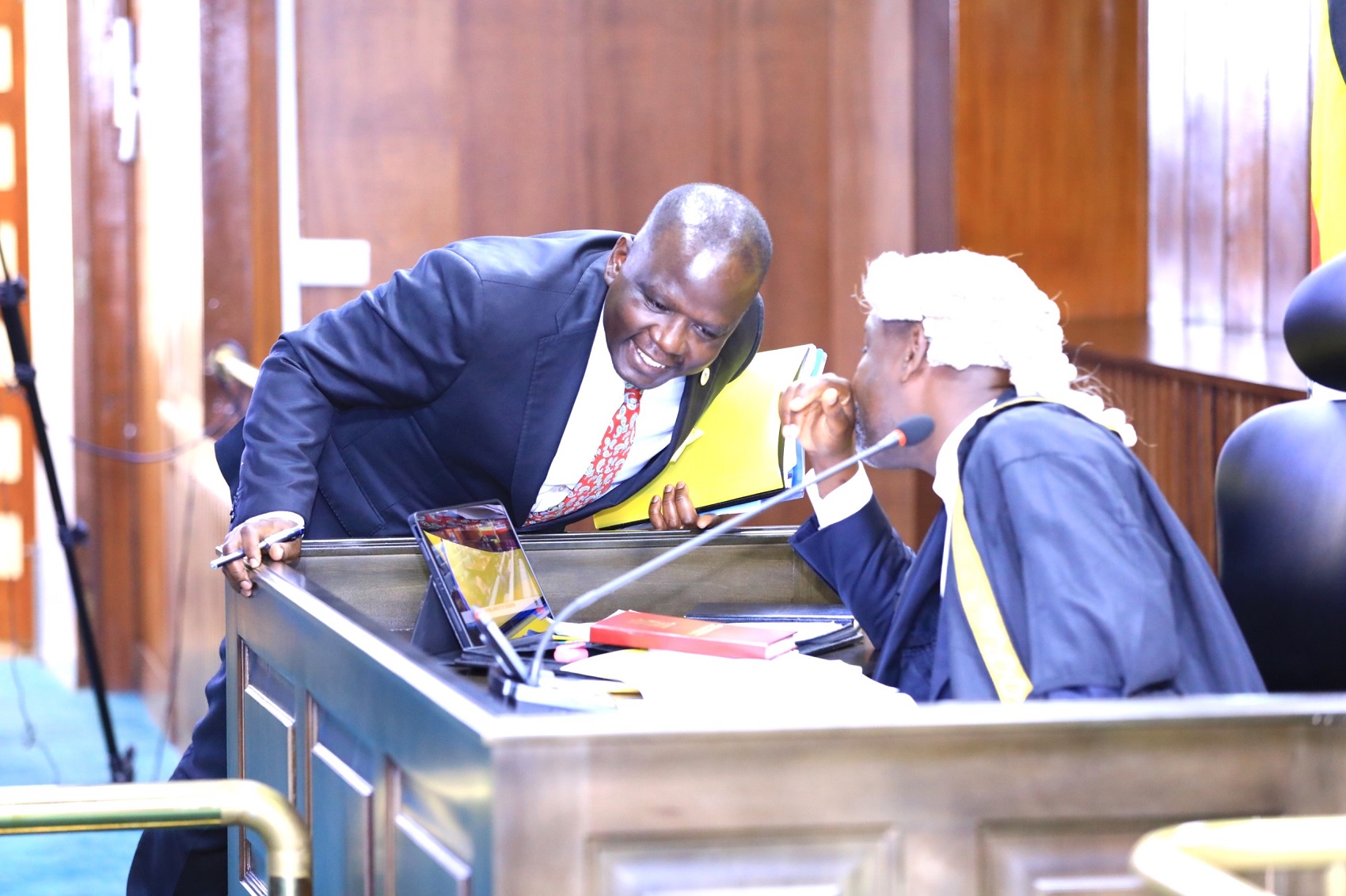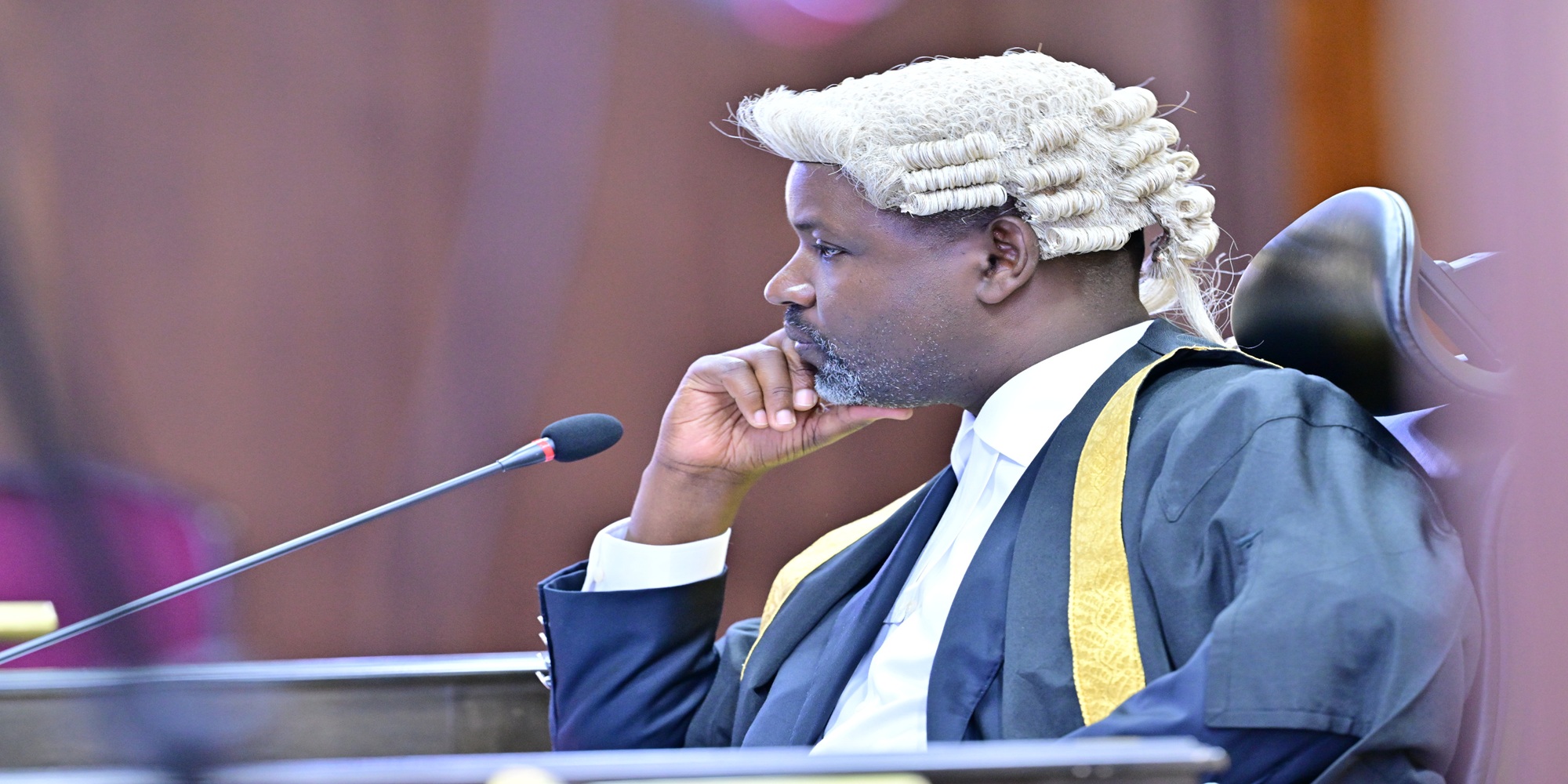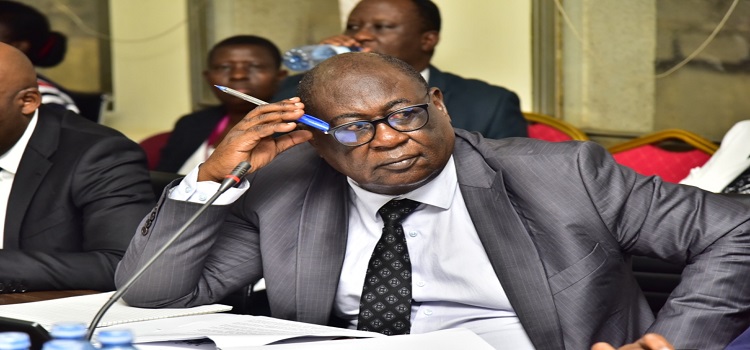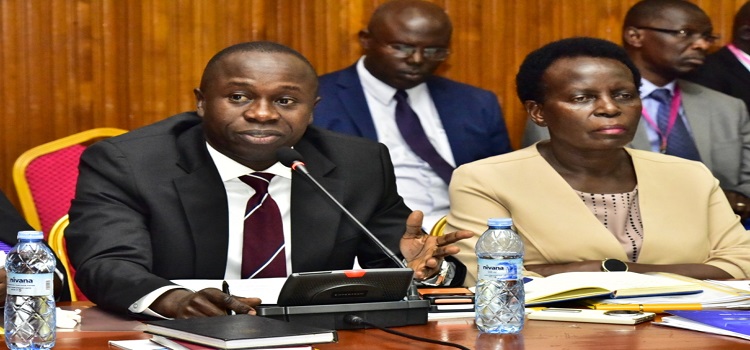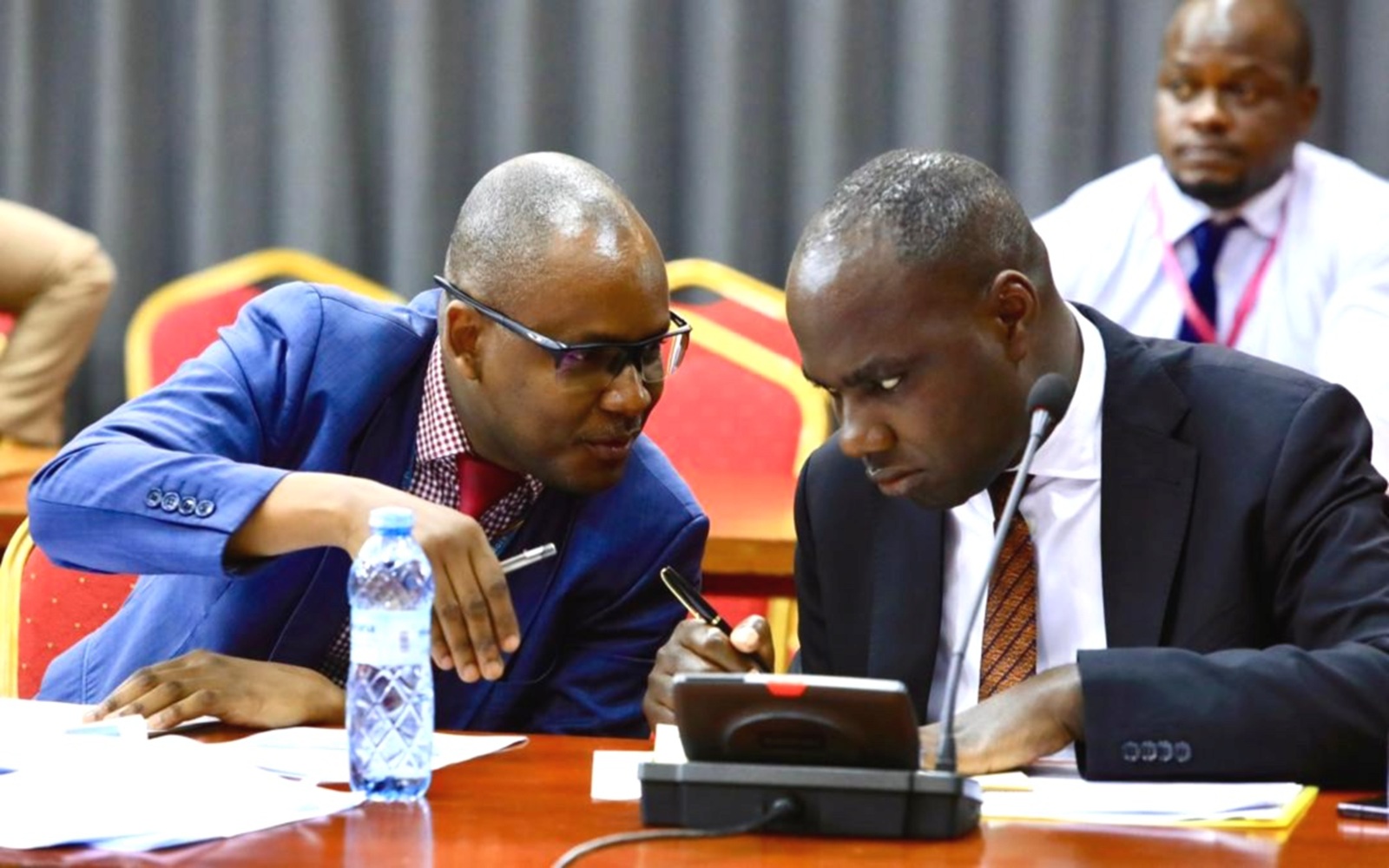Parliament has stood over debate on the Energy Efficiency and Conservation Bill, 2024, stopping the proposed law from progressing to its second reading.
According to the report of the Committee on Environment and Natural Resources, the object of the Bill is to establish a legal, institutional, and regulatory framework to enhance energy efficiency and conservation in Uganda.
The report was presented by committee chairperson, Hon. Herbert Ariko, during the plenary sitting on Wednesday, 17 September 2025.
“Energy efficiency entails the use of technology that requires less energy to perform the same function. Currently, energy efficiency initiatives are voluntary and lack regulation, making Uganda susceptible to becoming a dumping ground for outdated technologies, resulting in significant energy waste,” Ariko said.
Hon. Ronald Kanyike (NUP, Bukoto County East) and Hon. Christine Kaaya (NUP, Woman MP, Kiboga District) however, had a dissenting report, wherein they argued that the proposed law is misaligned with Uganda’s realities, duplicative of existing laws, impractical in its provisions and silent on critical issues of biomass, affordability and financing.
Presenting the minority report, Kanyike cited existing laws, such as; Electricity Act (1999), National Environmental Act (2019) and Uganda National Bureau of Standards Act (1983) as sufficient enough to ensure regulation of the energy sector.
“We, therefore, recommend that instead of passing this Bill, government should; issue statutory instrument under Climate Change Act and other laws, strengthen the enforcement and coordination of existing laws and policies on energy efficiency, prioritise biomass transition and clean cooking solutions in accordance with Uganda’s energy mix and lower electricity tariffs and incentivise uptake of modern sources,” said Kanyike.
Tayebwa then asked the Minister of Energy AND Minerals Development to meet with the Attorney General, Hon. Kiryowa Kiwanuka, Hon. Ariko, and Hon. Kanyike, before the Bill progresses to second reading.
“The member has raised salient issues, he is saying that the proposed law is redundant. We need to scrutinise this well and to answer questions raised. The questions asked are:- can we solve these issues with regulations, or do we need a law? Because of that, I say we stand over this,” Tayebwa said.
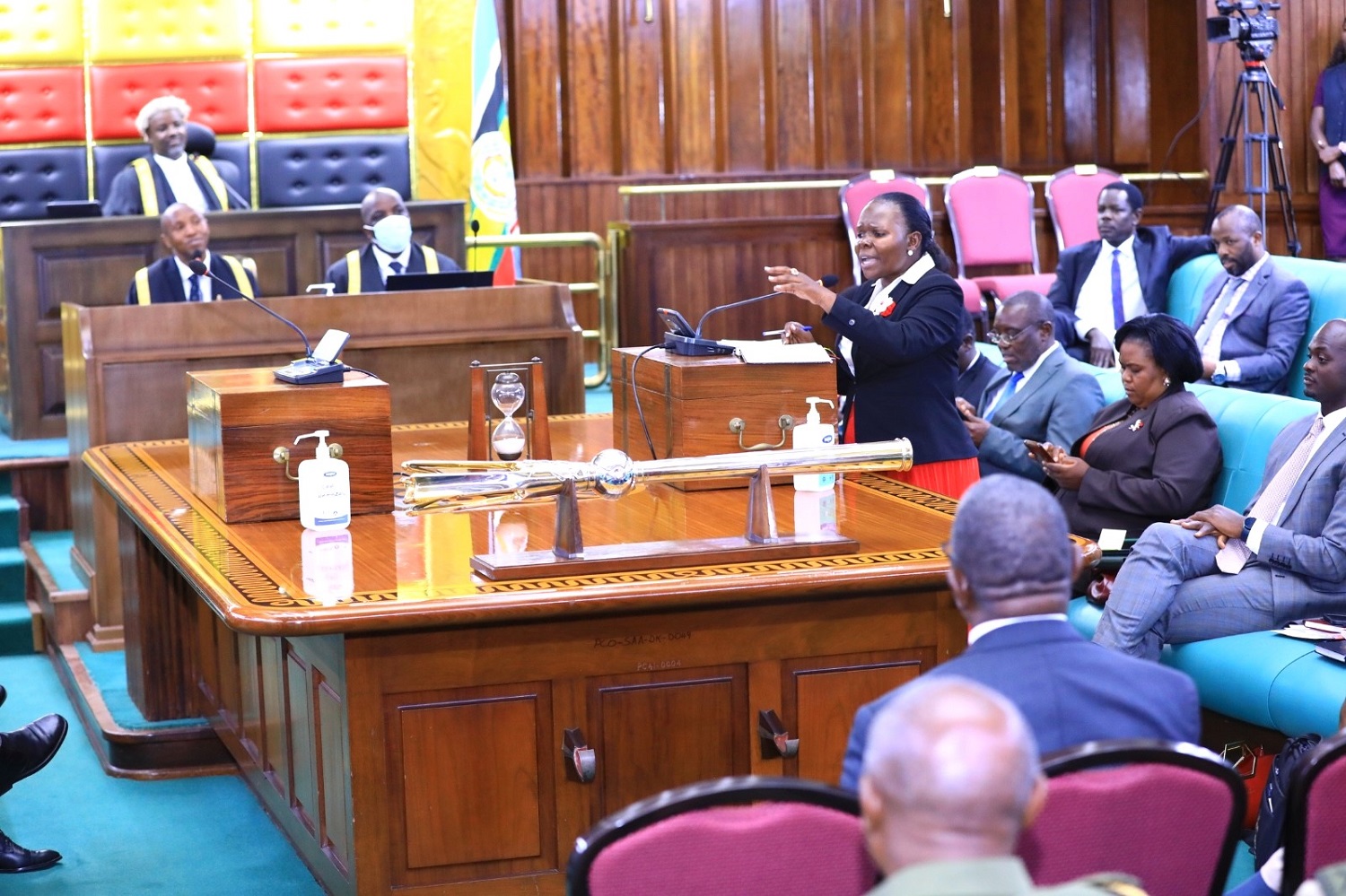
Hon. Jonathan Odur (UPC, Erute County) agreed with Tayebwa, stating that the proposed law is confined to only issues of electricity and yet the country has several sources of energy.
“There seems to be a narrow target, limited to cooking and road transport, and yet we have railway, water, air and water transport. We need justification as to why other sectors are being left out,” Odur said.
Hon. Peter Okeyoh (NRM, Bukooli Island County) and Hon. Jane Pacuto Avur (NRM, Pakwach District Woman Representative) challenged the relevance of the proposed law, since some areas in Uganda do not have electricity.
“How then are you passing a law and yet electricity has not reached every part of Uganda. Why don’t we first have electricity in all areas?” asked Avur.
Shadow Attorney General, Hon. Wilfred Niwagaba, punched holes on the Bill, saying that it does not mention all forms of energy.
“When you look at the definition sections of the Bill on energy efficiency and conservation, these are matters that can be provided for in statutory instruments and regulations and not an Act of Parliament. We do not need to legislate on this,” Niwagaba said.
The legislators were also concerned that the proposed law, if enacted, will subject electricity end users to high tariffs, thereby affecting businesses.

